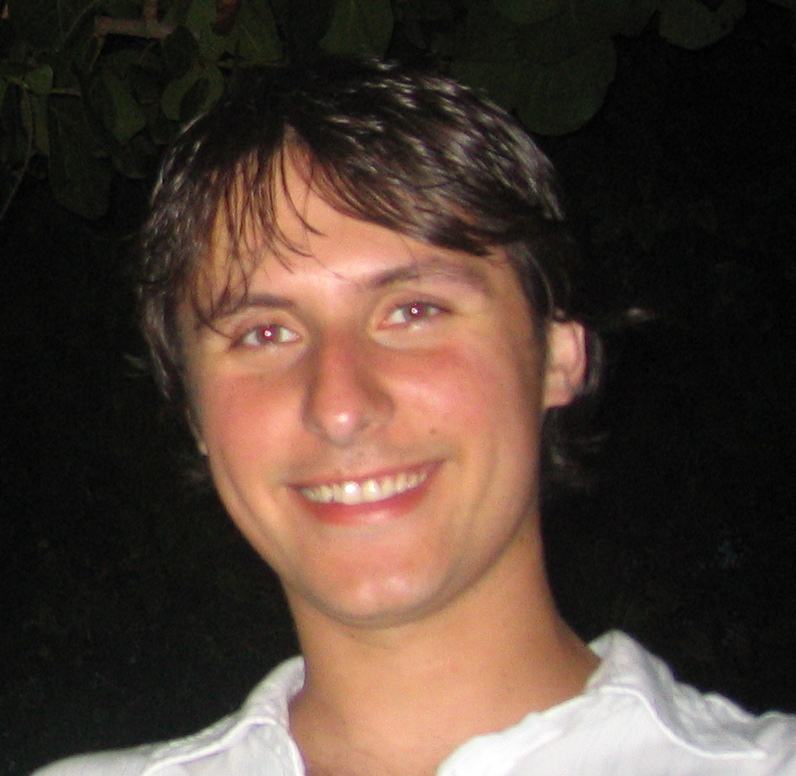CS Colloquium Series @ UCY
Department of Computer Science - University of Cyprus
The Department of Computer Science at the University of Cyprus holds research colloquiums and social hours approximately once weekly. All university students, faculty, and staff are invited to attend. Notifications about new and upcoming events are automatically disseminated to a variety of institutional lists.
If you don't receive these notifications, but want to get informed about upcoming colloquium announcements, you can do the following:
Colloquium Coordinator: Demetris Zeinalipour
Colloquium: Efficient Inter-datacenter bulk transfers or How to Book Some Terabytes on 'Red-Eye' Bandwidth, Dr. Michalis Sirivianos (Telefonica Research Barcelona, Spain), Thursday, February 3, 2011, 12:00-13:00 EET.
The Department of Computer Science at the University of Cyprus cordially invites you to the Colloquium entitled:
Efficient Inter-datacenter bulk transfers or How to Book Some Terabytes on 'Red-Eye' Bandwidth
 |
Speaker: Dr. Michalis Sirivianos |
Abstract:
Large datacenter operators with sites at multiple locations dimension their
key resources according to the peak demand of the geographic area that each
site covers. Notably, the demand of each area is known to follow strong diurnal
patterns with high peak to valley ratios that result
in poor average utilization across a day. In this paper, we show how to
rescue transit bandwidth across multiple datacenters by using it for non-real-time
applications, such as backups, propagation of bulky updates, and migration of
data that improve fault tolerance, end-user experience, and energy/personnel costs, respectively.
Achieving the above is non-trivial since leftover transit bandwidth appears at different times,
for different durations, and at different places in the world.
For this purpose we have designed, implemented, and validated a system
that employs a network of storage nodes to stitch together unutilized
bandwidth, whenever and wherever it exists. Our system
employs advanced store-and-forward algorithms that schedule data transfers across time
and space. It uses information on the availability of leftover resources
and is able to react to fluctuations and failures. We have extensively
compared our system with other bulk transfer mechanisms such as direct
transfer, multipath forwarding, and naive store-and-forward using both
emulation and a live deployment in a real CDN. Our
evaluation shows that \hermes\ outperforms all other mechanisms
and can rescue up to x5 additional datacenter bandwidth
thus making it a valuable tool for datacenter providers.
Short Bio:
Michael Sirivianos is a Jr. Researcher at Telefonica Research, Barcelona.
He earned a PhD in Computer Science from Duke University
in 2010. He received a B.S in Electrical and Computer Engineering from the
National Technical University of Athens in 2002, and an M.S. in Computer
Science from the University of California, San Diego in 2004.
His research interests include introducing social trust in distributed system design,
cooperative content distribution and human verifiable secure device pairing.
Sponsor: The CS Colloquium Series is supported by a generous donation from  |